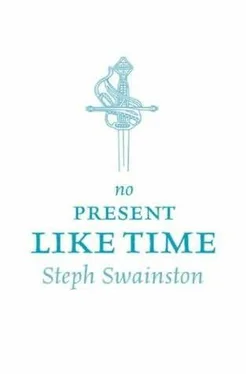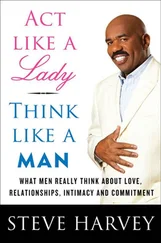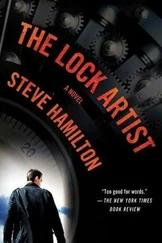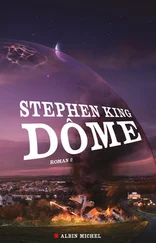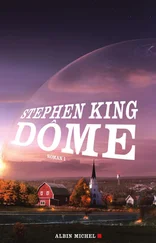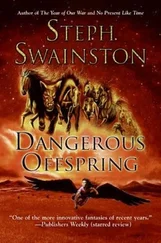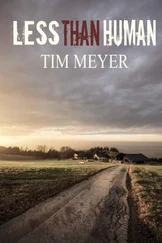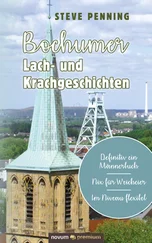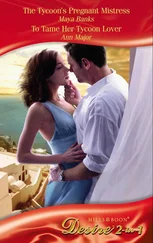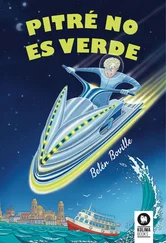Shouts assailed from all sides and before me were market stalls running into stalls out to where the horizon met the orange sky. Constant Shoppers hustled and bustled, a little boy selling postcards of Epsilon darted through the crowd. I recognized the Squantum Plaza bazaar.
I sat on the pavement cross-legged and concentrated, changing my appearance from just a pencil sketch of Jant to something more solid that looked like me, with a few improvements.
Having brightened myself up, I staggered to my feet. I swore I would never come back here and now I’ve broken my promise again. A small gray cloud appeared above my head and began to rain on me. “All right,” I told it, waving my hands. “All right! I’m not that depressed!” The cloud showered a few more desultory drops and dissipated.
There were market stalls of mildewed books, cloth and raffia, cakes and beer. Horse brasses, porcelain, thousands of gemstones spilled on velvet. Flat green grief toads sang mournfully in glass tanks. Stalls sold ancient sea-krait scales, barometz root-looks like a sheep but tastes like turnip-trained falcons apparently “the best hunters in the Scarlet Steppe” and confused stacks of bamboo crates full of finches that cheeped and fluttered.
There were bonsai ents-little gnarled trees with root-legs stumbling around on a polished tray. A marsh gibbon capered on a stall’s canopy. It had pale green silky fur and round intelligent eyes; its back legs ended in duck feet. I couldn’t help laughing at it. The monkey pulled its top lip back in a bubblegum-pink grimace.
Now that I was trapped here for an uncertain length of time, I decided to enjoy myself. I went looking for the pair of golden shears that was the sign of the Bullock’s Bollocks bar. It was no easy task because Epsilon changes constantly.
A crowd of nasnas with tour guides wended their way between the tables. Nasnas are men with one arm and one leg each. The two nearest me were heavyset columns of flesh, and they supported each other, hopping along in a pair. The arm of each man projected from the middle of his chest, waving like a trunk. I studied their faces and caught my breath. Each had a big, single eye directly above his nose, all his features in a vertical line, a wide mouth and rough skin. The men turned their great round eyes on me as they passed. Their guide announced, “This is the edge of the Tine’s Quarter. Take special care on the road please…And if you see any Tine, run. Well, hop quickly.”
Behind the nearest stall sat a big, bearlike animal. Its fur was pure black and white splodges. Backward-pointing spines grew around its neck and down its back. The beast shook itself and its quills clattered. Its head was bowed; it looked so hunched and miserable that I stopped, intending to buy it and set it free. The stall holder was a greasy man with a glass eye. A parrodi perched on his shoulder, with colorful ruffled feathers. It rolled its eyes and copied his every gesture.
The stall holder saw that I was a tourist and delightedly shook the bear’s chain. “A porcupanda, sir! A highly prized delicacy. Not five hundred pounds, not four hundred pounds. Three hundred pounds to you only, sir!”
“To you only, sir,” drawled the parrodi.
I concentrated and imagined the right amount of money in the pocket of my suit. I paid the stall holder and freed the porcupanda. When I patted its head, it licked my hand then bounded away.
I walked on, to the central fountain built with stinguish technology out of solidified water. White cement could be seen between the transparent blocks. It made a wonderful three-dimensional matrix with beams of sunlight dancing through, cast by the liquid water lapping inside the fountain. A couple of wet thylacines barked and played in the great jets that fell like diamonds.
A bouquet of chloryll courtesans lounged beside the pool. The chloryll co-cultivate this quarter of the city. Their extreme beauty reminded me of Tern, slight and exquisite; their skin was ebony black. One had tiny fruits growing in her shining hair, piled on top of her head. Her floor-length dress rustled, it was made of living foliage; here and there tiny pink roses budded among the leaves. Vines wrapped around her arms like long net gloves. Behind her hung a trail of coiling tendrils, fronds and variegated ferns. These fruiting bodies were great to sleep with, but instead I wanted to have a good look around Epsilon after so long away.
The market continued into the Tine’s Quarter, where a wide road paved with eighteen-carat gold formed one side of the market square. A shiny building with smooth pillars housed four tall rectangular machines that emitted a low vibration. The salt-copper, watery-rotten smell of the Tine’s red liquid was thick in the air. A sign hung above the machines read:
TINE AUTOMOBILES, THE HEART OF MOTORING
Driving the arteries of Epsilon, you can’t beat the Carotid Café. All tastes catered for: blood, beer, coffee. Next: ten miles.
A girl sat in a low carriage underneath the sign. It was made of gold, so it must be of Tine manufacture. It was molded in feminine curves, with bulging panels over its small, spoked wheels, doors as in a roofless coach but an upright glass window fixed at the front. It had no shaft for horses.
I vaguely recognized the girl inside. She waved. “Hey, winged boy! Jant! Remember me from court? I was the Shark!”
“Tarragon!”
“Come over. Don’t worry about the Tine.” A Tine was attending to her car. He was a carnivore like all his species, three meters tall, bursting with muscle. He was naked except for a loincloth, his sky-blue skin scarred and tattooed. His blank eyes were pupil-less, uniform blue. His eyebrows were two pierced rows of steel rings: the Superciliary Sect. I thought that he could live for a week on the meat stuck between his sail-needle teeth. His taloned hands held a black rubber tube which snaked down and disappeared under the ground. He was pumping the red liquid into Tarragon’s gold automobile.
The whole floor hummed. I trod carefully, ready to sprint at any time. I kept Tarragon between myself and the growling attendant, but Tarragon was a Shark, or rather the Shift projection of a Shark, and she was just as dangerous.
Tarragon grinned with sharp teeth. Fins emerged from the middle of her back and the sides of her body. With a look of concentration she mastered her shape transformation so they retracted and her skin smoothed. She briefly became a beautiful woman rather than a Shark.
“Do you like my shape?” she said. “I find that air-breathers are nicer and more obliging to pretty girls.” Then, lost in thought, the changes gradually reasserted themselves, so that I was confronted with the difficult challenge of talking to a frothy blond teenager in a strapless dress and stiletto heels, with three rows of triangular teeth. Parallel slashes appeared in her neck; deep gills like black ribbons. They widened, inhaled, and vanished.
She concentrated on improving the shiny crimson dress wrapped around her body. A furry phlogista stole draped her shoulders. Phlogistas are rare and expensive; they’re long, like mink, but dark red in color with deep, sumptuous fur. It had a little lion’s head, but instead of a mane its face was framed by a ring of fleshy petals. This feline flower-face formed the clasp of her stole, and its yellow glass eyes glittered. Phlogistas are resistant to fire; to clean a fur you place it in flames.
I offered Tarragon my hand, but she looked at it as if it was her favorite sandwich. “You can touch the car, you know,” she said.
I surveyed the vehicle. “It’s not alive?”
“No, Jant. It’s not alive… Parts of it are alive.”
It was made of a thin sheet of pure gold, and the complicated fittings inside were gold, too: a wheel where Tarragon rested her delicate hands, and a dial that looked like a clock face but wasn’t.
Читать дальше
